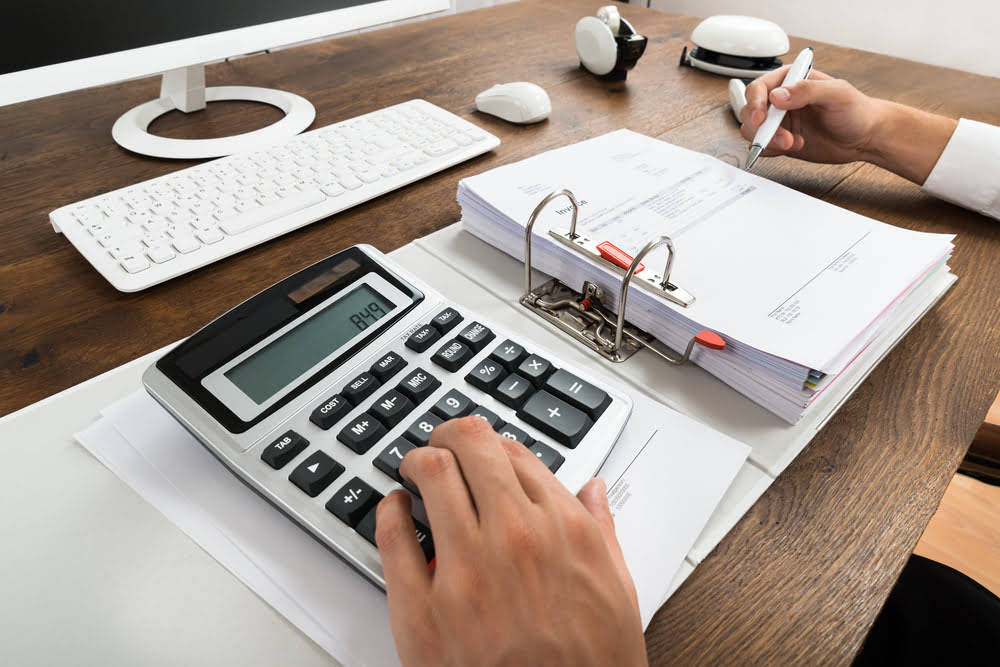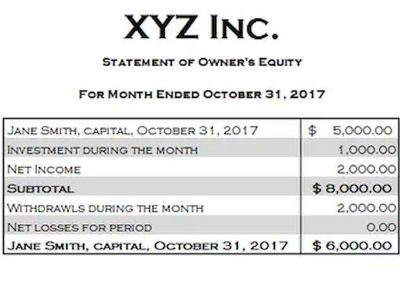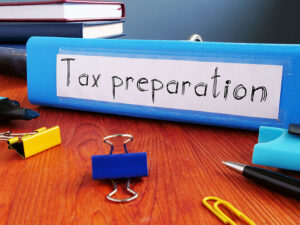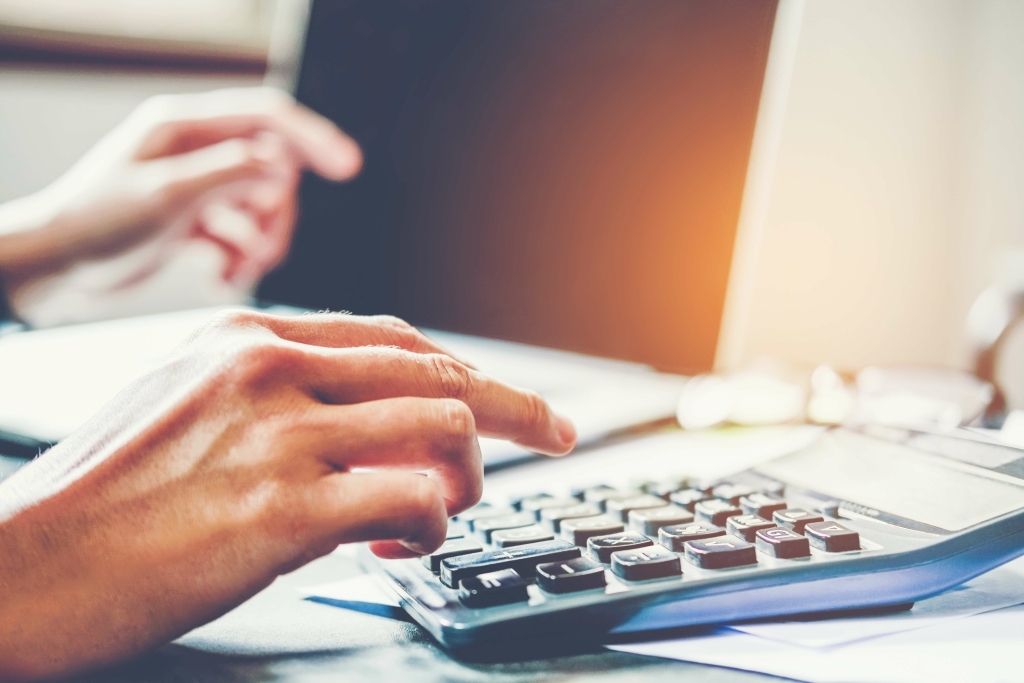
Sole traders who are VAT registered will already be using MTD-compliant software, but if you’re not VAT registered, you have until April 2024 to source a provider and sign up. The software will make your bookkeeping efforts easier, and help to eliminate errors from your tax returns. Under the new scheme, you’ll file quarterly income updates to HMRC instead of completing an annual tax return. There can be a lot of record keeping for sole traders to stay on top of, so bookkeeping software can make keeping accurate records easier.

Making Tax Digital (MTD)
- Think of it as watering a plant; a little care frequently can result in thriving growth.
- This information can help you allocate resources effectively and plan for future expenses.
- Recording transactions is the backbone of any bookkeeping system for sole traders.
- One approach is to use a physical or digital filing system that separates receipts by category, such as office supplies, travel expenses, or equipment purchases.
- Deductible expenses are business-related costs that sole traders can subtract from their gross income before calculating taxable income.
Copy each month’s downloaded transactions spreadsheet into the income statement template. Assign each transaction to an account category and enter the totals of each into the Monthly worksheet of the income statement template. See the standard accounts we have on our simple income statement template. Add to this list to suit your business – this example is quite simplified. sole trader accounting Our blogs and newsletters cover everything from T slips and tax deadlines, to tips on staying organized, and recommendations on great resources for small business owners.
Bookkeeping

As a small business owner in Australia reconciling bank accounts alone may not always be practical because it often requires expertise outside their area of specialty. Consider working with professionals to manage your bookkeeping and accounting needs effectively. If bookkeeping tasks take up too much time or you’re not confident in managing your finances, it may be time to hire an accountant. They can provide valuable advice, ensure your accounts are compliant with regulations, and offer insights into improving your business’s financial health. For a comprehensive approach, explore the various Accountancy Services available for your business needs. Avoiding human error and ensuring accuracy in your financial records is critical.
Keep records updated
- Remember, you need to keep HMRC informed of every change in your tax status, whether you’re starting, stopping or altering any part of your self-employment.
- This will help you keep track of your business income and expenses and make bookkeeping much easier.
- However, it is worth noting that spreadsheets may have limitations in terms of functionality and reporting capabilities.
- Another way to keep on top of tax obligations is by regularly reviewing profit and loss statements.
This documentation is essential if queried by the tax authority and ensures accurate tax return filings. As a sole trader, mastering the art of record keeping is essential, akin to nailing a recipe for your favourite dish. Keep accurate records of all your business transactions; it’s not just good practice, but it’s also required by law.
Business Leaders Are Under Unprecedented Pressure – But Have Unprecedented Opportunities
This includes forecasting cash flow and future tax liabilities and utilising financial reports for business growth. To ensure accuracy, it is important to keep your records organised and up to date. This will help you to avoid missing any transactions and will make it easier to reconcile your accounts. We are trying to build a comprehensive guide to all things that a sole trader could need to learn about managing their finances. Continuing education in this area will not only help you maintain accurate financial records but also provide valuable insights into how your business is performing financially. First and foremost, keeping accurate records is essential for making informed decisions about your business.
A sole trader also must register for VAT if they have a turnover above £85,000 or want to reclaim VAT on sales made to VAT-registered businesses. You can seek the help of an accountant if you struggle to deal with your taxes. Additionally, VAT registration allows you to reclaim VAT paid on business purchases, which can be financially beneficial. It’s important to keep all relevant VAT information and records for a minimum of payroll 6 years if you are registered for VAT. If you have employment or pension income and want HMRC to collect the self-employed tax through your PAYE tax code, you need to submit your tax return online by this date. Thriday is built so you can easily scan, send, and save receipts on the go.
Fail to do this, and you might end up with financial headaches or, worse, attract penalties from HM Revenue & Customs (HMRC). So, https://www.bookstime.com/ as you can see, there are plenty of options for sole traders to help keep their accounting in order. Whether you use an Excel spreadsheet, bookkeeping template or online accounting software, it’s important to ensure that all records are kept up-to-date and secure. XeroXero offers a bookkeeping and accounting solution incorporating modern technology. You can access the software 24/7 on any device, with real-time information, importation and reconciliation to your bank account.


Keeping track of receipts is a crucial part of record-keeping, especially when tax season rolls around. With Thriday, you can easily scan, send, and save your receipts on the go. The platform automatically reconciles and stores your receipts, ensuring they’re readily available when you need them for tax deductions.
If you don’t have a lot of transactions or don’t plan on expanding your business anytime soon, then a manual system might be sufficient. However, if you have a lot of transactions or want to scale your business in the future, then investing in accounting software is worth considering. When it comes to bookkeeping for sole traders, the first decision to make is whether to use a manual or computerised system. Manual systems can be cheaper to set up and maintain, but they are time-consuming and prone to human error.
